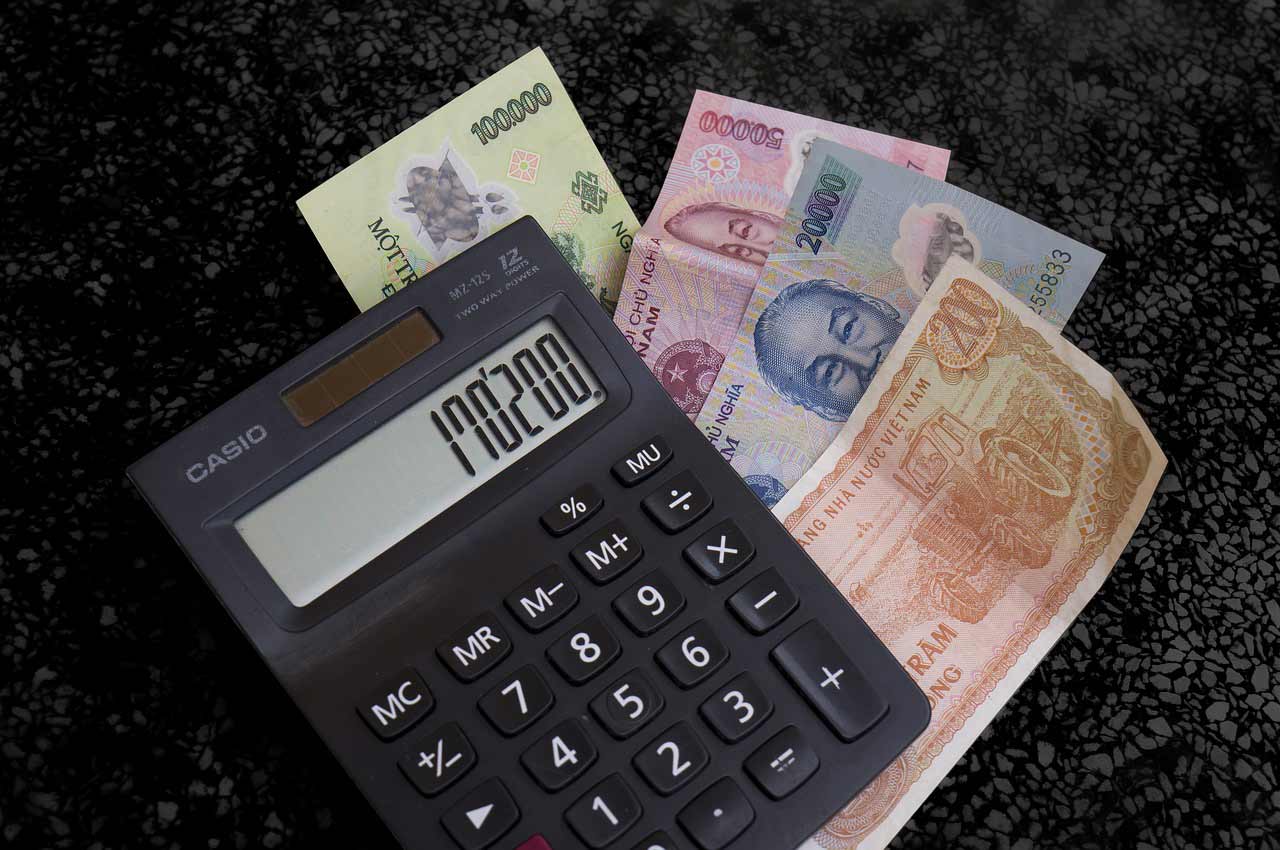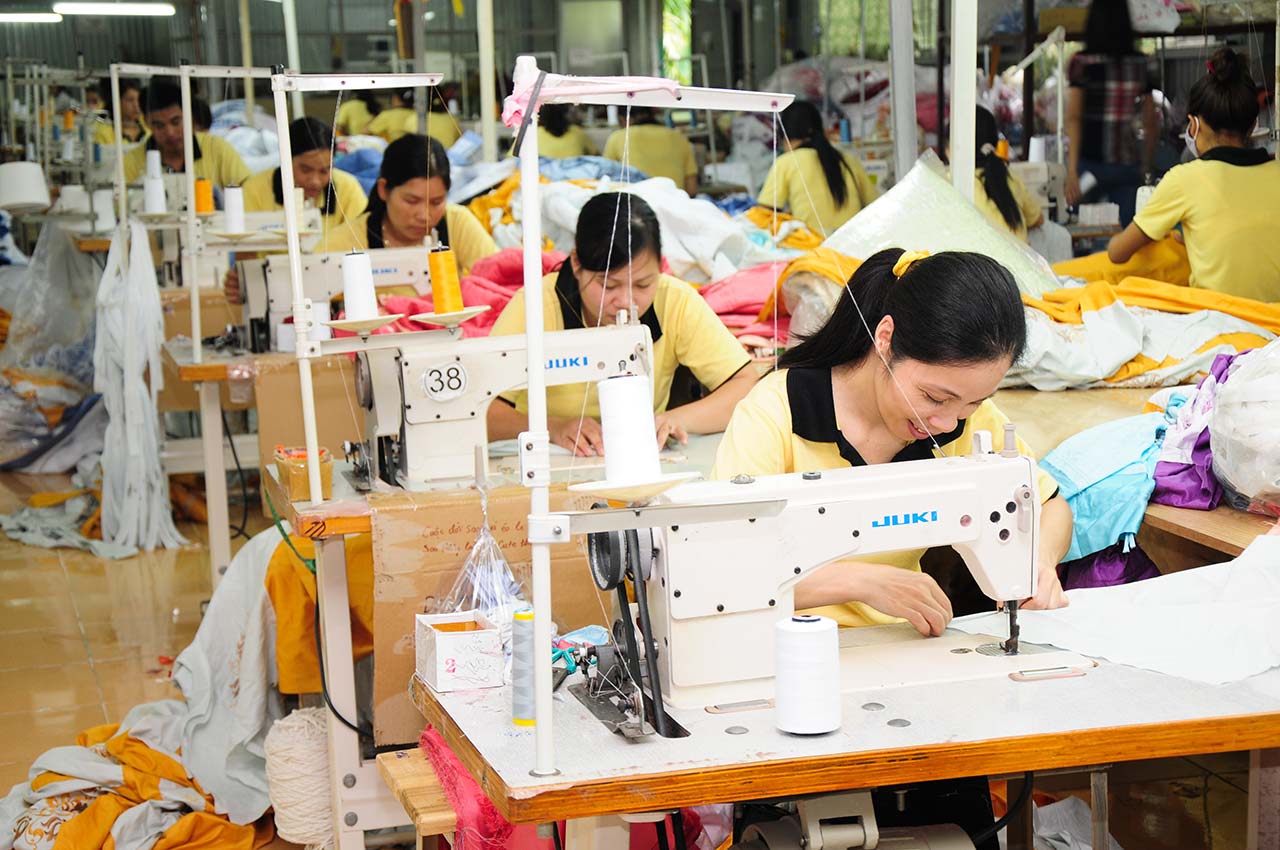Vietnam Ministry of Finance has a policy of making International Financial Reporting Standards (IFRS) and International Accounting Standards mandatory (2025)
The Ministry of Finance of Vietnam, current 18 March 2020Vietnamese accounting standardsInstead of (VAS),International Financial Reporting Standards (IFRS)Has announced a decision to regulate the roadmap for the application of.
IFRS Application Development Policy Under 345/QD-BTC, the adoption of IFRS in Vietnam will be phased from 2022 to 2025, 2025 and beyond. In the first stage, adoption of IFRS is encouraged and adopted by specific target companies that report financially in accordance with international accounting rules, which are screened by the Treasury.
Target companies wishing to apply IFRS will voluntarily notify the Ministry of Finance before applying IFRS. These include the parent company of a state-owned enterprise, the parent company listed on the stock market, and a large public company that is an unlisted parent company.
Mandatory International Financial Reporting Standards (IFRS) from 2025
From 2025, IFRS will be required for consolidated financial statements of state-owned companies, listed companies and privately held companies. When adopting IFRS, necessary translation work and training of human resources will be prepared by 2021.
Vietnamese companies are now applying the accounting standard VAS, which was established over 10 years ago.
The Ministry of Finance of Vietnam pointed out that IFRS has 40 regulations and VAS regulations do not follow the international standard while VAS has 26 regulations.
Growing need for International Financial Reporting Standards (IFRS) in Vietnam
Currently, the need for adoption of IFRS in Vietnam is increasing.
Leading companies are mainly listed companies and foreign direct investment companies.
The Ministry of Finance said that it is essential to improve accounting regulations in Vietnam, that the increase in listed companies and direct investment contributes to Vietnam's institutional reform and speeding up international integration. It has shown that it will increase accounting transparency, allow companies to raise capital from international capital markets on favorable terms, and contribute to raising the standard of the securities market.
⇒ Differences between VAS and IFRS: Characteristics of Vietnamese accounting standards












